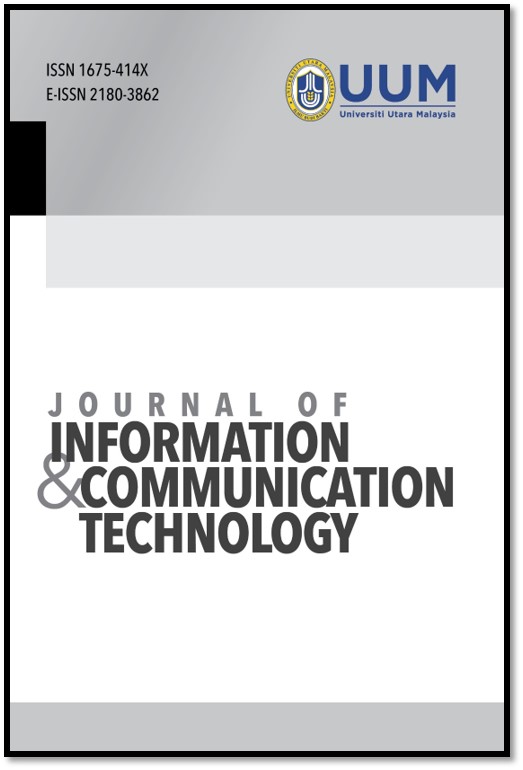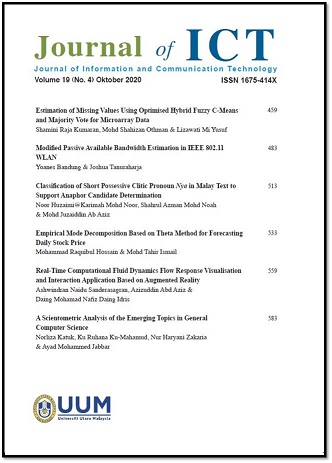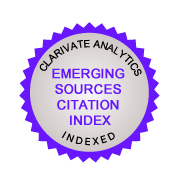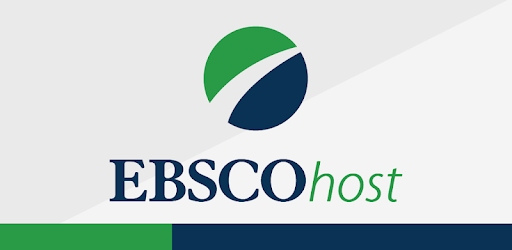IMPROVED SPEAKER-INDEPENDENT EMOTION RECOGNITION FROM SPEECH USING TWO-STAGE FEATURE REDUCTION
Abstract
In the recent years, researchers are focusing to improve the accuracy of speech emotion recognition. Generally, high emotion recognition accuracies were obtained for two-class emotion recognition, but multi-class emotion recognition is still a challenging task . The main aim of this work is to propose a two-stage feature reduction using Principal Component Analysis (PCA) and Linear Discriminant Analysis (LDA) for improving the accuracy of the speech emotion recognition (ER) system. Short-term speech features were extracted from the emotional speech signals. Experiments were carried out using four different supervised classifi ers with two different emotional speech databases. From the experimental results, it can be inferred that the proposed method provides better accuracies of 87.48% for speaker dependent (SD) and gender dependent (GD) ER experiment, 85.15% for speaker independent (SI) ER experiment, and 87.09% for gender independent (GI) experiment.
References
Additional Files
Published
28-04-2015
Issue
Section
Articles
How to Cite
IMPROVED SPEAKER-INDEPENDENT EMOTION RECOGNITION FROM SPEECH USING TWO-STAGE FEATURE REDUCTION. (2015). Journal of Information and Communication Technology, 14, 57-76. https://e-journal.uum.edu.my/index.php/jict/article/view/8156

 2002 - 2020
2002 - 2020
























